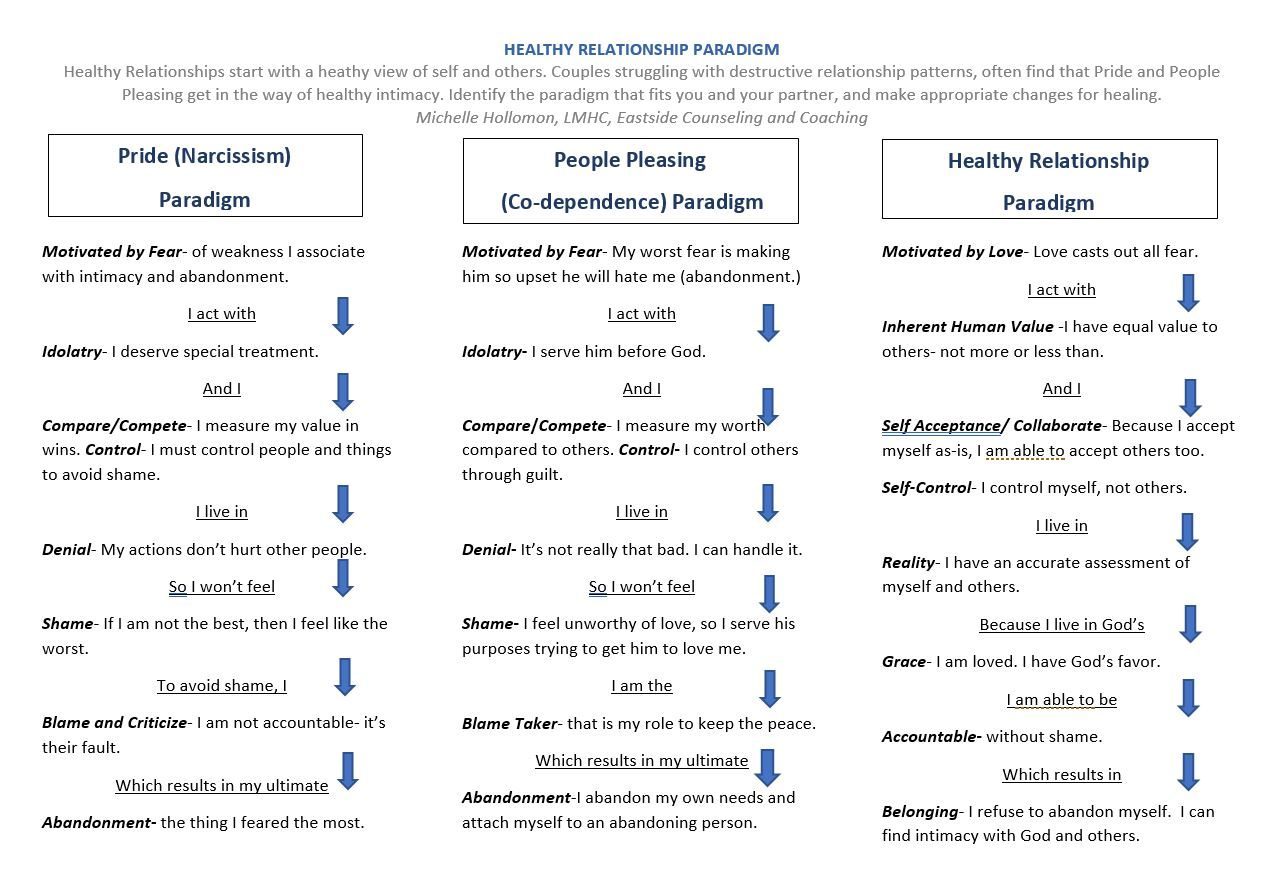
One of the most important skills I have learned in life, is letting go of trying to control other people’s emotions. Many people believe that they are responsible for other people’s feelings. They believe that they need to protect others from their feelings, change other’s feelings from bad to good, or control them completely. But I’ve found that this is an impossible task. One that leaves people feelings anxious, depressed and more stressed than they need to be. When people are raised to feel responsible for other people’s feelings, they may not know that they have the option to do otherwise.
Most people don’t recognize they are doing it. They don’t recognize that this codependent way of life is causing harm to themselves and others. Feeling responsible to make other people happy or ok is an unwinnable game.

So why do we try?
How do folks learn to be responsible for other people’s feelings? You may have been raised in a family where people convinced you that you were responsible for their well being. In a healthy family, a child is made responsible for things appropriate to their age and stage of development. A healthy family instills the acceptance of personal boundaries, and behavior respectful of others’ boundaries. However, in some less-than-healthy families, children are made responsible for things far beyond their control, resulting in their developing into adults with poor or no boundaries.
Examples
- A father working on a broken car engine becomes angry with a stuck and rusted part wont budge. The child nearby playing in the sprinklers is yelled at and shamed when the splash reaches the father. The child leaves that interaction feeling like he did something to deserve the outrageous anger, even though the father’s anger has nothing to do with the boy. This child may either grow up being conflict avoidant or an angry person blaming others for his anger.
- A mother struggling with depression feels abandoned by her husband. In her grief, she looks to her daughter for comfort, communicating to the daughter that she is powerful enough to help her mother’s depression. But there’s a downside. When the daughter inevitably cannot sooth the mother’s depression, she will feel powerless, helpless and shame for not being a “helpful enough” daughter. This girl will likely grow up abandoning her own feelings in order to take care of everyone else’s feelings. She will not be able to address her own needs.
- A daughter who sits secretively listening to her parent’s fighting intervenes just before it comes to blows. The father slams the door shut and the mother begins to cry, while the child tries to make her parent’s marriage better. The daughter grows up to believe she has the responsibility to mediate, to protect and to keep peace. This girl may grow up to believe that her role in life is to abandon her own needs, and keep other people from their painful feelings.
Is it Really OK to stop trying to make other people happy?
I know it’s hard, but you have to do it. Letting other people have, own and manage their own emotions is good for you and good for them. When you allow others to have their own feelings, you:
- empower them to self sooth and to learn self control.
- reinforce the necessary boundary between you and them.
- turn your attention back to yourself for greater self awareness.
- grow your ego strength.
- attend to your own needs and emotions…. yay!!! and sometimes for the first time in a long time!

Steps to letting go.
- When you notice that the other person is experiencing a strong emotion like anger, fear or sadness, look inside yourself and see what you’re experiencing. Is it agitation, stress or compulsion? Is it dread, guilt, or fear? Is it a temptation to jump in to “fix it or make it better?” Or is it “Run! far far away!” Notice what you’re feeling and make a quick plan to address it.
- When someone is expressing their emotion (anger, fear, sadness, happiness) learn what it means to empathize without fixing or avoiding. this is not a skill learned easily or quickly, but it is a skill that can be learned. Say things to yourself like, “He is angry, and he can have his anger. I won’t try to talk him out of it. But I don’t have to fix it, control it, or excuse it.”
- When you believe someone is “dumping” their feelings on you and wants you to fix them, you can practice saying things like, “that sounds so hard, I’m sorry you’re going through that. What are you going to do about it?” Once you ask this question, refrain from answering it for them or helping them solve their problem. Remember, it is for them to solve. (Yay! it’s not your responsibility!)
Letting other people have their own emotions is scary and freeing all at the same time. If you’re a mother, try it with your kids. If you’re a daughter or son, try it with your parent. Little by little, you will be the boss of your own emotions, and you’ll empower others to do the same. So, if you can’t change them (and you can’t) then let go. It feels way better.





